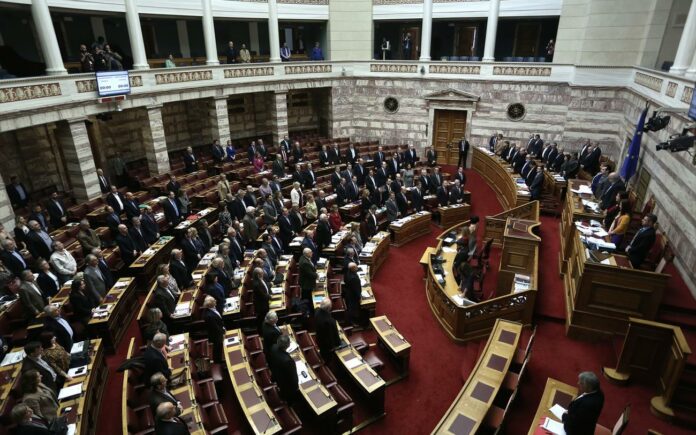The finance ministry has unveiled three draft bills aimed to expand the use of “plastic money”, curb the sale of bootleg tobacco products and repatriate undisclosed and untaxed income.
The bills are expected to be tabled by the government in Parliament in the next few days, according to the relevant minister in television comments this week.
The highlight of the bill on the use of credit and debit cards calls for a percentage of a taxpayer’s annual expenditures to be covered through the use of electronic transactions in order to qualify for the tax-free ceiling of 9,545 euros. That percentage depends on a taxpayer’s yearly income, which includes pension benefits.
One scheme under consideration holds that a taxpayer declaring up to 9,545 euros in yearly income must consume 15 percent of that figure through electronic transactions to cover expenditures. Correspondingly, according to reports, in dealing with income of up to 20,000 euros the figure rises to 30 percent.
Meanwhile, in a bid to “import” untaxed capital generated in Greece and held by Greek citizens outside the country, the government is reportedly studying the option of allowing a 50-percent tax deductible on capital that will be declared, returned and invested in Greek real estate. A 30-percent tax-free option is eyed for placement of capital in closed-term savings accounts and 20 percent in regular bank accounts.
The plan resembles previous attempts by other Greek governments to debut a “carrot-and-stick” approach in trying to “repatriate” untaxed capital exported from the country over recent years.














